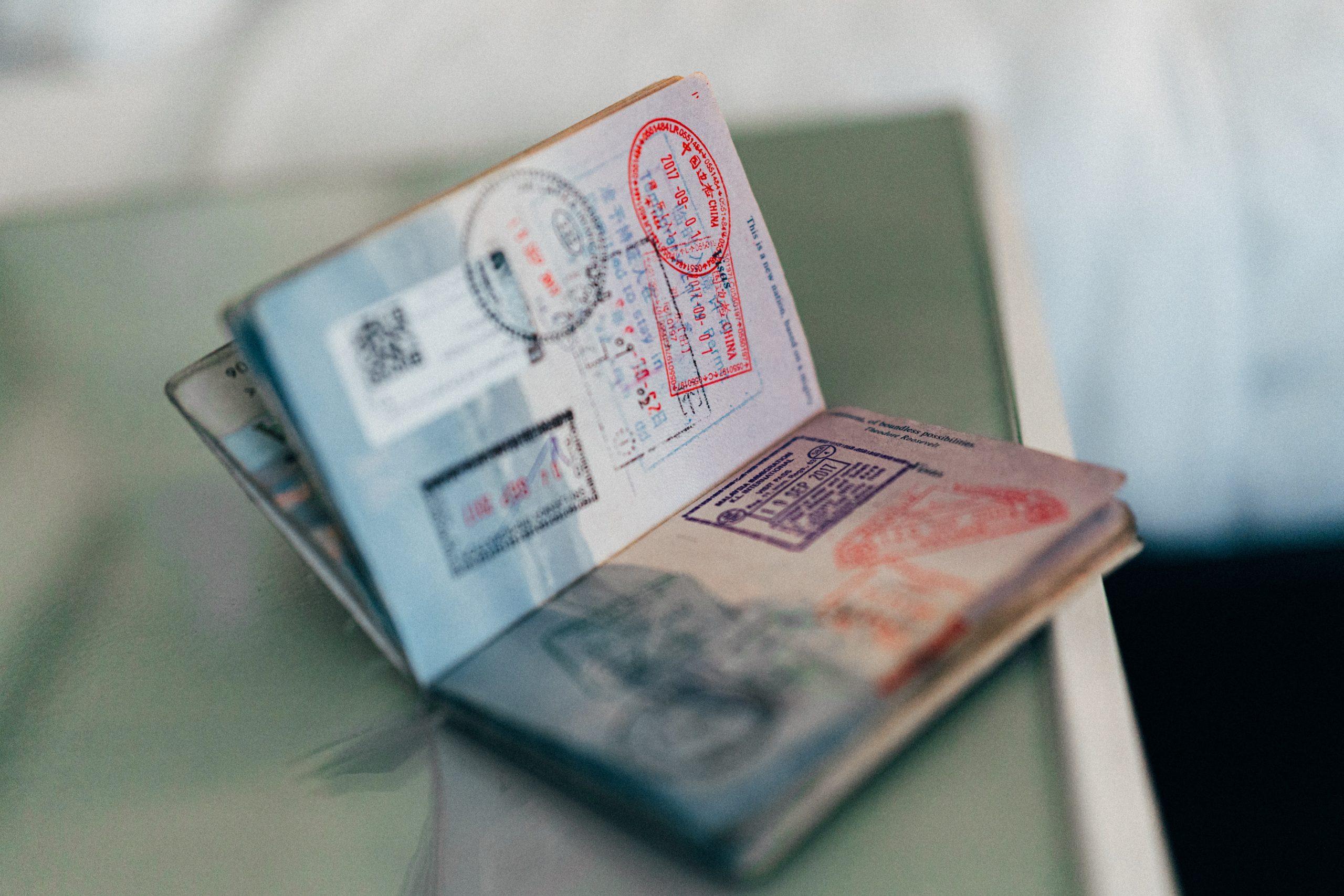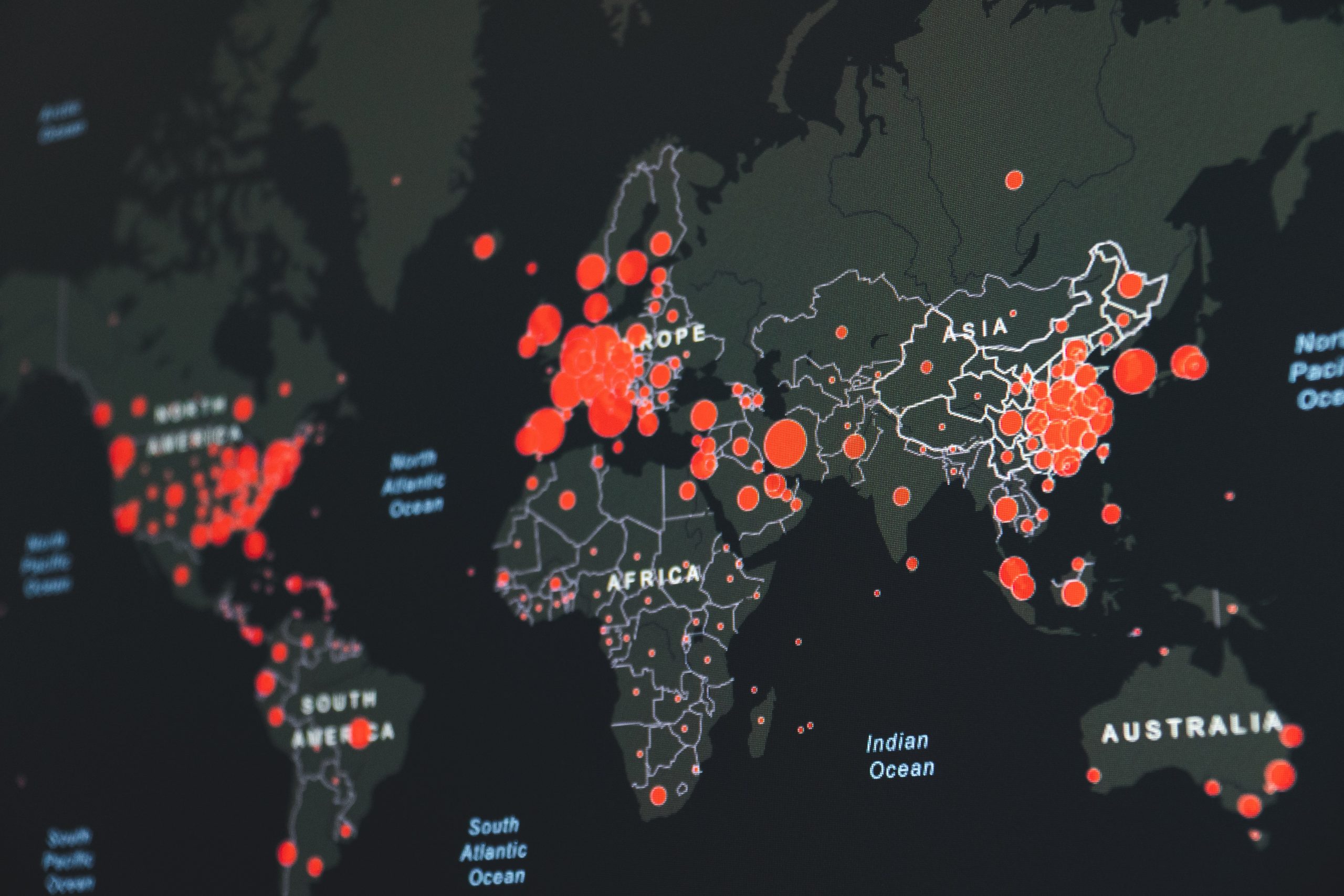Welcome back to Visalawyerblog! New developments in the world of immigration are happening on a daily basis. In today’s post we cover the status of consular services at the U.S. Embassy in Kyiv, Ukraine.
As you may know, the region has been embroiled in political turmoil with U.S. sanctions on Russia escalating. To protect Americans in the region, the Department of State has announced the departure of all diplomatic employees from the U.S. Embassy in Kyiv.
Beginning February 13th, the Embassy in Kyiv has suspended Consular visa services including interview waiver services. The Department of State has indicated that applicants who had visa appointments in Kyiv can apply for their visas in any other country in which they are physically present, so long as appointments are available. Applicants are advised to contact the U.S. Embassy or Consulate where they wish to apply to inquire about case transfers.
Those with immigrant visas that were pending in Kyiv can request a transfer of their case to another U.S. Embassy by contacting the receiving U.S. Embassy’s country to authorize and initiate the transfer. Each Embassy will have a list of requirements that must be satisfied to initiate the transfer process.
Non-immigrants and immigrant visa holders must continue to abide by the vaccination mandate in order to gain admission to the United States.
Vaccination Mandate
Effective November 8, all non-citizen, nonimmigrant (not a U.S. citizen, U.S. national, lawful permanent resident, or traveling to the United States on an immigrant visa) airline passengers traveling to the United States, must demonstrate proof of vaccination as defined by the U.S. Centers for Disease Control and Prevention (CDC) Director Order prior to boarding a U.S. bound aircraft. More details regarding what constitutes full vaccination are available on this page of the CDC website.
All travelers to the United States, regardless of vaccination status, must show a pre-departure negative COVID-19 viral test taken within one (1) day of travel to the United States prior to boarding. This applies to all travelers – U.S. citizens, lawful permanent residents (LPRs), and foreign nationals. Additional information may be found on CDC’s website.
 Visa Lawyer Blog
Visa Lawyer Blog











